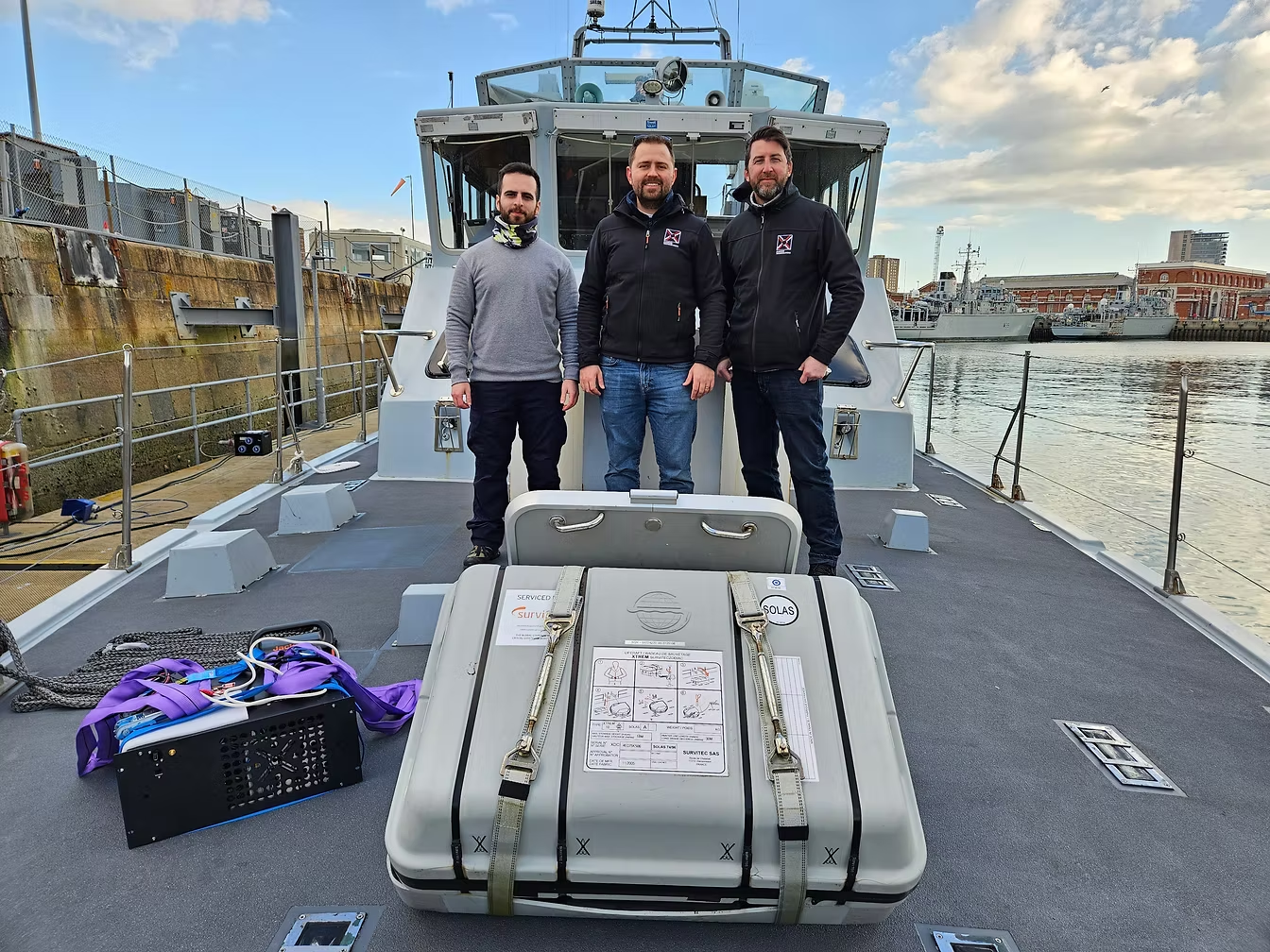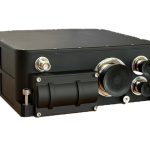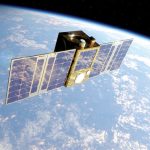TrustPoint Launches Third Satellite and Successfully Establishes First Contact
TrustPoint, a pioneer in next-generation space-based positioning and navigation solutions, is proud to announce the successful launch and first contact of its third free-flying satellite, Time Flies, aboard the latest rideshare launch out of Vandenberg Space Force Base on Monday.
By Inside GNSS












